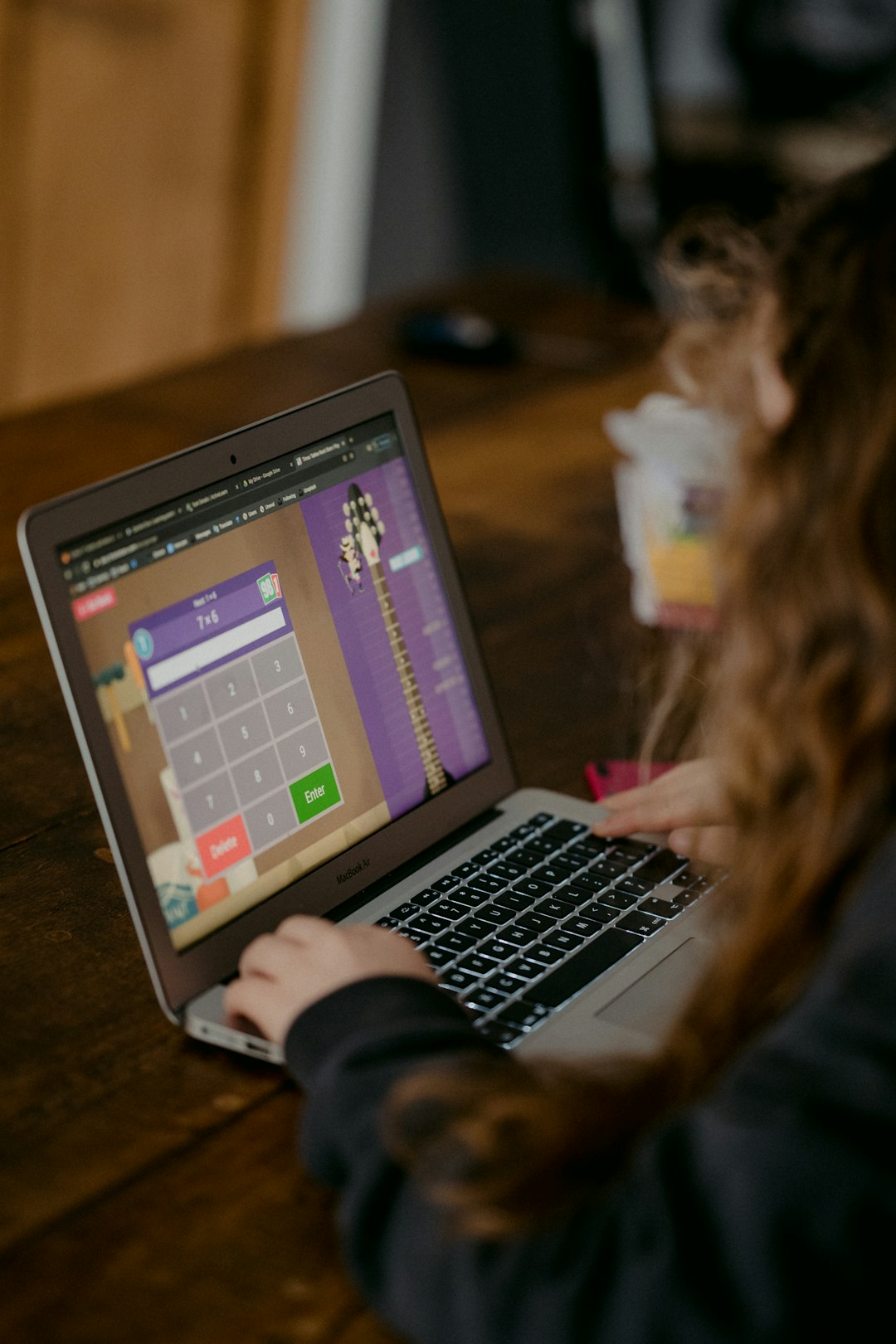In recent years, artificial intelligence (AI) has emerged as a groundbreaking technology across various industries, transforming processes and introducing efficiency like never before. One sector where the potential of AI is particularly promising is education. As we move forward into the digital age, AI is becoming an indispensable tool in shaping the future of education. Let's delve into how AI is revolutionizing the educational landscape and the implications it holds for the future.
AI-Powered Personalized Learning
One of the most remarkable benefits of AI in education is its ability to provide personalized learning experiences. Through AI algorithms, educational platforms can analyze individual student data and tailor learning materials to meet the specific needs of each student. This personalized approach enhances the efficiency of learning, ensuring that students receive the support they need to excel.
Enhanced Student Engagement
AI tools such as chatbots and interactive learning platforms are revolutionizing student engagement. These tools create dynamic and interactive learning environments that captivate students' interest and enhance their motivation to learn. By incorporating AI-driven engagement strategies, educators can foster a more interactive and immersive learning experience for students.
Efficient Administrative Processes
AI is not only transforming the classroom experience but also streamlining administrative processes within educational institutions. From admissions to grading, AI-powered systems can automate various administrative tasks, freeing up educators' time to focus on providing quality education. This automation leads to enhanced efficiency and reduced administrative burdens.
AI and Tutoring Support
Another significant application of AI in education is in providing tutoring support. AI-powered tutoring systems can offer personalized guidance and support to students, helping them overcome learning obstacles and enhance their understanding of complex concepts. Through AI-driven tutoring, students can receive real-time feedback and support, improving their overall learning outcomes.
Revolutionizing Assessment and Feedback
AI technologies are revolutionizing the way assessments are conducted and feedback is provided to students. Automated assessment tools powered by AI can analyze student responses in real time, providing instant feedback to both students and educators. This immediate feedback loop allows for a more efficient and data-driven approach to assessing student progress.
Breaking Down Language Barriers
AI-powered language translation tools are breaking down language barriers in education, enabling students from diverse linguistic backgrounds to access educational resources in their native languages. By leveraging AI for language translation, educational institutions can create inclusive learning environments that cater to students from all cultural backgrounds.
Preparing Students for the Future Workforce
As AI continues to reshape industries, it is essential for students to develop skills that prepare them for the future workforce. AI-powered educational tools can impart skills such as problem-solving, critical thinking, and data analysis, equipping students with the abilities needed to thrive in a technology-driven workplace.
Adapting Curriculum to Individual Needs
AI algorithms can analyze student performance data to identify areas where curriculum adjustments are needed. By adapting the curriculum to individual student needs, educators can ensure that each student receives a customized learning experience that maximizes their potential for academic success.
AI for Predictive Analytics
AI-enabled predictive analytics in education are revolutionizing the way educators identify at-risk students and intervene in a timely manner. By analyzing student data and behavior patterns, AI algorithms can predict potential academic challenges and provide early interventions to support struggling students, ultimately improving retention rates.
Creating Virtual Learning Environments
Virtual reality (VR) and augmented reality (AR) technologies powered by AI are creating immersive virtual learning environments that enhance students' learning experiences. Through AI-driven VR and AR tools, educators can simulate real-world scenarios, conduct virtual experiments, and facilitate engaging learning activities that foster creativity and innovation.
Embracing a Future with AI in Education
The integration of AI in the education sector is paving the way for a transformative future where personalized learning, enhanced student engagement, and efficient administrative processes are the norm. By harnessing the power of AI technologies, educators can create dynamic and interactive learning experiences that prepare students for success in the digital age and beyond.

